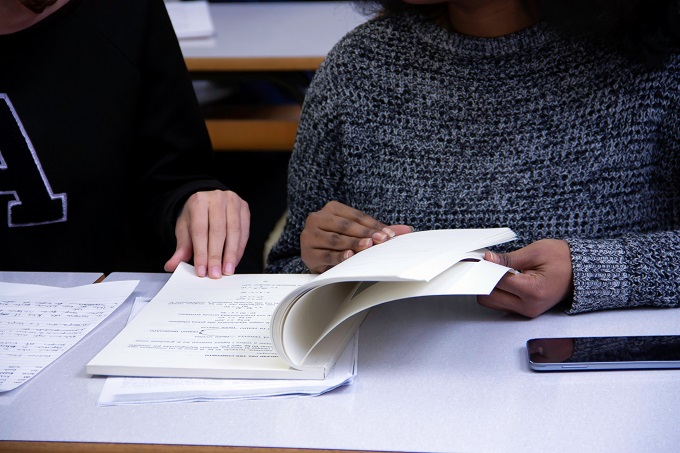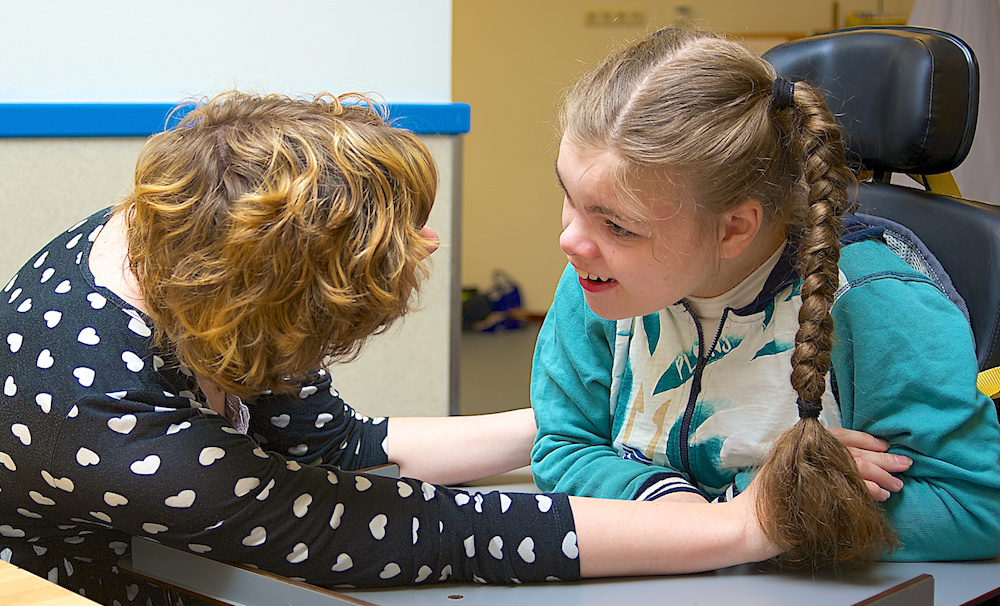
Those backing NAPLAN have rallied behind the latest test results while critics lament its limits.
Primary school kids, Indigenous students and ESL (English as a second language) students have all shown significant score increases since 2008 but no widespread improvements for students in the past year.
However, the Australian Teachers Union warned that because many students were unable to complete the online text due to connectivity problems, the results are inaccurate and NAPLAN is an ineffective measure of teaching and learning.
What the NAPLAN results show
According to the Australian Curriculum, Assessment and Reporting Authority (ACARA) and its Chief Executive, David de Carvalho, Indigenous students displayed the most impressive gains overall since 2008, improving at almost twice the rate of the general population. These improvements were shown in year 3 writing, grammar and punctuation, and reading; year 5 reading, spelling and punctuation and numeracy; year 7 reading and grammar and punctuation; and year 9 numeracy.
ESL students have also shown improvements since 2008, particularly in reading.
Since 2008, however, there have been no significant improvements in reading for year 7 or 9 students. There was a slight increase in the number of year 9 students achieving above the national minimum standard in numeracy.
In the past year, there were no statistically significant NAPLAN score improvements.
Some people took o Twitter to criticise NAPLAN, highlighting its lack of inclusivity and ineffectiveness.
#naplan is a complete waste of time and tax $$. Our dyslexic son has to sit through his 5th attempt at the OLNA writing test with no support for an on line test to tell us yet again he struggles with the written language, despite doing and passing ATAR English!
— JasonWinnett (@JasonWinnett4) February 25, 2020
@mjrowland68 On NAPLAN. Rural areas don’t meet expectations because they are skewed. City schools spend up to two weeks prior to NAPLAN reviewing and practise tests. What is they point? It gives a false findings. Metro schools would equal rural areas if it was fair which is sad.
— Denise Ellis Brice (@coldbrice) February 25, 2020
2/2 their money could spend however they wanted with no roadmap and no checking for success. If schools decided to spend on something unrelated to those being left behind, they could. We also had a surge in $$ given to private schools, even wealthy ones. #auspol2020
— 💧MJ White (@pallisier) February 24, 2020
Government response praises NAPLAN, does not response to criticism
Minister for Education Dan Tehan insists that NAPLAN provides students, parents, teachers and educators with valuable information about the performance of our students, schools and systems. He said he “continues to back NAPLAN because our community deserves to know how our students and schools are performing”.
Reflecting on the results, promised the government will work with all states and territories to improve student outcomes in the following ways:
- Fast tracking a review of the entire Australian Curriculum with an initial focus on maths and science.
- Making the teaching of phonics and reading instruction mandatory for initial teacher education (ITE) courses and increasing the time allocated to literacy in ITE courses.
- Establishing the national evidence institute that will provide evidence and best-practice for teachers to improve student outcomes.
- Focussing on literacy and numeracy learning progressions.
- Conducting a review to reduce red tape affecting teachers and school leaders.
He added: “We have made improving literacy and numeracy a focus of this Government. That is why we are introducing a free, Year One phonics check for all students to assess their language skills and why we are providing $9.5 million to strengthen the capacity of teachers to teach mathematics and numeracy.”
Teacher union slams NAPLAN as irrelevant:
“Today’s NAPLAN 2019 National Report confirmed earlier criticisms that the data from the test was compromised due to connectivity issues experienced by many students taking the test.”
According to the report:
“The NAPLAN 2019 National Report presents the combined results (online and paper) to allow year-to-year comparisons. During transition years, online test results are equated with the paper tests. Results for both the tests are reported on the same NAPLAN assessment scale. NAPLAN results, however, should always be interpreted with care. This is particularly the case this year as some students experienced disruptions due to connectivity issues.“[1]
Australian Education Union Federal President Correna Haythorpe said the lack of credibility that has plagued NAPLAN for many years meant that “the Commonwealth had no real option but to replace NAPLAN completely.”
“This report proves that it is past time for NAPLAN to be scrapped,” Ms Haythorpe said. “The teaching profession has raised significant concerns over NAPLAN 2019, and its results and their concerns have been borne out by the findings of this final report.”
“As ACARA’s own report acknowledges, this means that the NAPLAN dataset data is now so seriously compromised it cannot be relied upon by education departments, schools, parents, or the broader community,” Ms Haythorpe said.
Ms Haythorpe said that it was time for the Morrison Government to take responsibility for the mess it has made of NAPLAN, and join the existing state-and-territory-led review into NAPLAN which is already underway.
“There is a growing consensus that NAPLAN has got to go,” Ms Haythorpe said. “While federal Education Minister Dan Tehan has refused to undertake a comprehensive review of NAPLAN, the New South Wales, Queensland, ACT and Victorian governments are already conducting their own review due to report later this year.”
“The fact that school authorities with a combined responsibility for more than three quarters of all students in Australia acknowledge the problem with NAPLAN, when Mr Tehan does not, is a continuing source of embarrassment for the Morrison Government,” Ms Haythorpe said.







